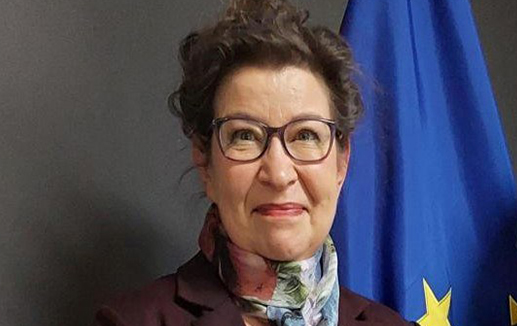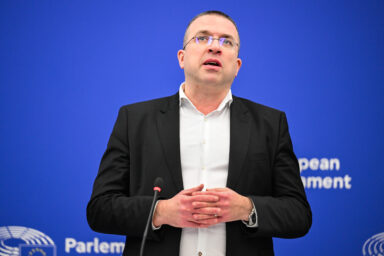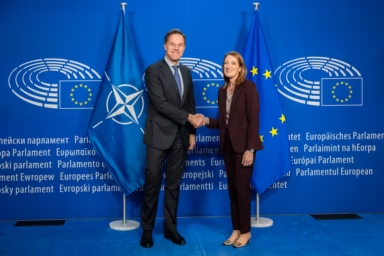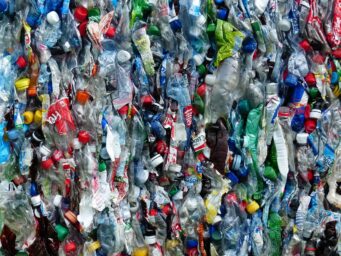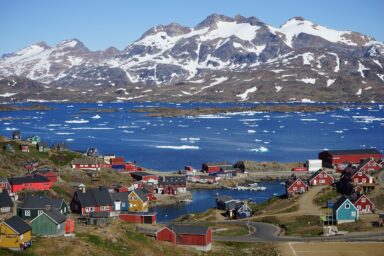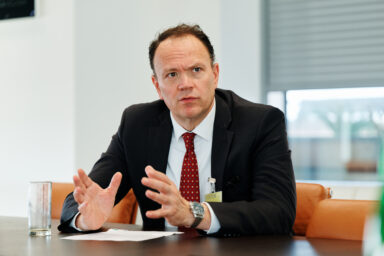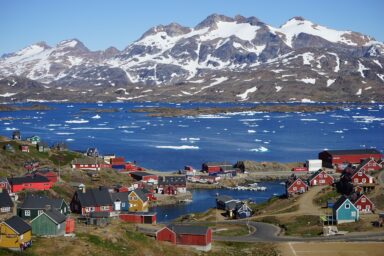MEPs sought to find answers earlier this week to the question why European environment is in crisis mode as critics claim that large investments in decarbonization have brought few concrete results. The parliamentary environmental committee debated the European Environment Agency’s report on the state of Europe’s environment through this lens.
The 13 October hearing of the Environment, Climate and Food Safety Committee (ENVI) started with opening remarks by Leena Ylä-Mononen, executive director of European Environment Agency (EEA). “Regarding the state of European environment, we face serious, even existential challenges. And these are now more urgent than ever,” Ms Ylä-Mononen said. “Nature is the foundation for ensuring human’s health and prosperity,” she declared.
European environment faces challenges that are now more urgent than ever. — Leena Ylä-Mononen, executive director of European Environment Agency
The EEA director also mentioned parts of the recent State of the Union speech delivered by Commission President Ursula von der Leyen devoted to the EU’s environmental policy. “President von der Leyen highlighted the importance of Green Deal, urging us to stay on the course,” Ms Ylä-Mononen said, adding that “the science is crystal clear.”
Direct threats to competitiveness
The EEA report stresses that climate change and environmental degradation pose a direct threat to Europe’s competitiveness. It adds that achieving climate neutrality by 2050 also hinges on better and responsible management of land, water and other resources. Protecting natural resources, mitigating and adapting to climate change, and reducing pollution will build the resilience of vital societal functions that depend on nature, such as food security, drinking water and flood defences.
The report urges stepping up implementation of policies and longer-term sustainability—enabling actions already agreed to under the European Green Deal. Such actions align with the European Commission’s Competitiveness Compass priorities on innovation, decarbonisation and security.
The climate crisis is testing our European unity. — MEP Thomas Bajada (S&D/MLT)
Back at the ENVI meeting, many MEPs called for a swift action. “Climate resilience is not built here in Brussels, it is built in European regions,” argued MEP Thomas Bajada (S&D/MLT). “People must adapt, not by choice, but by necessity,” he said. Mr Bajada also added that “the climate crisis is testing our European unity.”. According to him “we must address crises before they hit with full force.”
Fake toxicity?
Some MEPs from the far-right factions expressed their disagreement with the continuing decarbonization of the EU’s economy and even spoke of ’threats’ in this context. “Highly toxic substances coming from wind turbines’ wings have appeared in various parts of Germany (…) There are some 35,000 of such turbines now in Germany and more are in the pipeline. It is an environmental disaster, an enormous problem for the future,” claimed MEP Anja Arndt (ESN/DEU). Some MEPs dismissed her statements as “fake news”.
